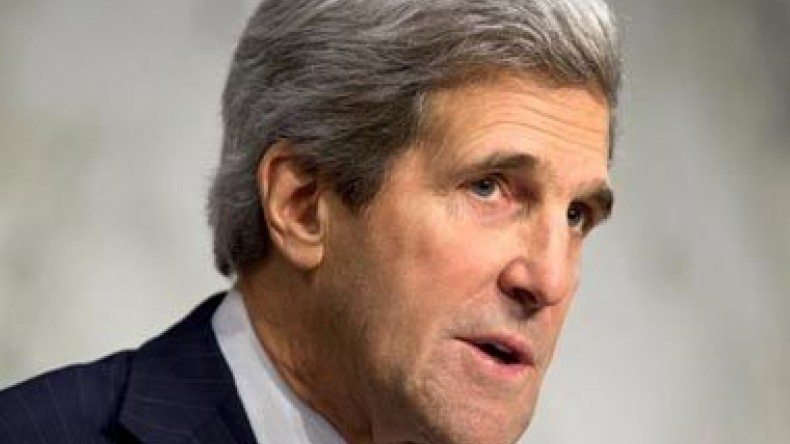
Europe’s symbolic pressure on Tel Aviv
Excerpts from an interview of Irdiplomacy.ir with Dr. Makan Eidipour, an expert on regional affairs and Israel
- Could we interpret the new EU mandate based on implementing limitations on economic trade with the Israeli settlements as an attempt to put pressure on this regime?
- The EU had also taken some measures in the past with regard to condemning the development of settlements. This new measure is also a legal one and considering the fact that many Israeli citizens have dual Israeli-European citizenship, they are allowed to use Europe’s banking services. Thus, the Europeans, by adopting such a mandate, attempt to use it as leverage to limit these people.
But the main reason behind this move by the EU is to show its commitment to Middle East peace. On this basis, the Europeans ask Israel to take a step so that Europe can ask Palestine to take more steps.
- Could this move be considered as Europe becoming more active in the Israeli-Palestinian peace process? Could it be interpreted that the developments in the region have caused Europe to make efforts to establish peace in the Middle East?
- Yes. Europe is a mediator between the Israelis and the Palestinians. If we intend to have a classic definition of a mediator, we must state that a country which attempts to mediate must hold similar weights for both parties of the negotiation. In this case, relations between Europe and the Arabs and Israel must be on equal footing and the leverages of pressure must be proportionate for both sides. But we witness that the Europeans do not play a significant role in the lives of the Palestinians.
Another reason which can be mentioned for this symbolic move by the Europeans is their attempts to calm the atmosphere in the region. One of the main motives behind this measure can be to prevent the influence of the Salafis and Islamic radicals in the Arab-Israeli conflict and the excitement of Arab public opinion against Tel Aviv.
- With these interpretations, can it be said that the European Union is preparing the ground for more significant measures such as sanctions against the Zionist regime in the UN?
- Not at all, because the UN does not have the power to impose sanctions against Israel. The reason is that the US would veto any sanction. This action taken by Europe would lead to no new special development and might ultimately lead to a statement and an individual speech, and nothing else.
- The liberal faction in Israel has welcomed this EU measure. Even Barak Ravid, in his report for Haaretz, has said that automatic support for Israel which was born with a mistake called the Holocaust is related to the past. Are there differences between the Israelis with regard to the issue of settlements and is their talk of unity just superficial?
- Certainly, the issue of settlements in Israel is an issue of dispute among different parties. Of course, it is sometimes used in election campaigns, meaning that some groups, despite their previous agreement with settlement-buildings, might use this issue against other groups. Some believe that the continuation of this trend may increase tensions and that this is the continuation of old territorial development policies. This is now a new era and they believe that the Palestinians or the government in the West Bank has changed its behavior and must not be treated as before.
- John Kerry, the US Secretary of State, has visited the region for the sixth time. It seems that the new US Secretary of State is, like his predecessor, entrapped in the deadlock of negotiation. Is there any possibility that Washington would cooperate with the EU to implement these limitations and will such pressures force Israel to sit at the negotiating table?
- Israel will not be forced by these pressures to negotiate. Only security pressures can draw Tel Aviv towards the negotiating table. Otherwise, financial, legal, and logical discussions cannot limit the Zionist regime and force it to change its position. Israel would only change its position if it felt that the continuation of its conflict with the Palestinians might lead to the formation of an Arab front or the creation of unrest in one of the countries of the region, thus creating a threat against Israel.
Newsfeed
Videos






























